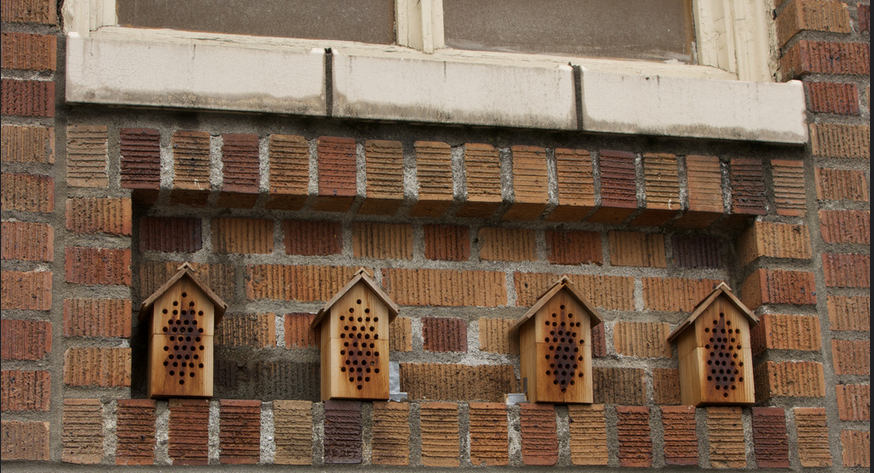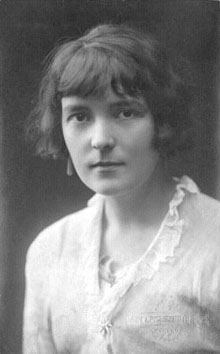git yer hands off my Corinthian column-krater, ca. 600 BC, Louvre
I’m often kept up at night brooding on my troubles, wishing I could find some solace that would help me sleep. But now I know that the best way to keep insomnia at bay is to get out of bed, hitch up my chariot, tie the corpse of my mortal enemy to the back, and drive around for a few hours, dragging him, until I cheer up and can go back to sleep. The Iliad is unmatched, in my reading, for works that describe the bloody, ridiculous, selfish lengths people will go in order to feel better. The sticks and stones fly (and gouge out eyes, smash skulls, slash livers and veins until the blood sprays–this poem is definitely not for the squeamish), but the real weapons of the Trojan War are name-calling, cheating at games, and stealing your best buddy’s girlfriend or mixing bowl or ox. Most of the action occurs when somebody gets his feelings hurt, the baddie won’t apologize, and the sensitive one throws a fit, which can involve letting all of his friends die while he gets an olive-oil massage, or else razing a city, raping the women, and joyriding over other men’s bones. The Iliad suggests that even at its most glorious, war can be advocated only by people with the emotional lives of spoiled four-year-olds.








